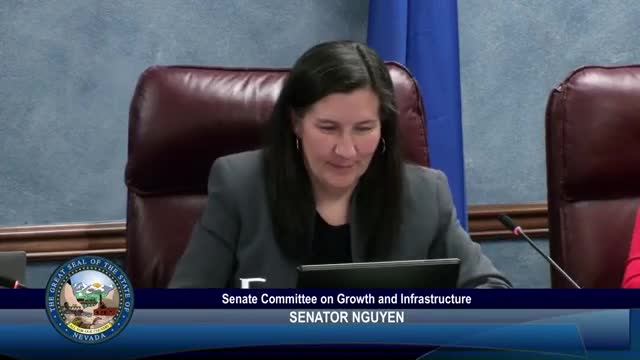Article not found
This article is no longer available. But don't worry—we've gathered other articles that discuss the same topic.
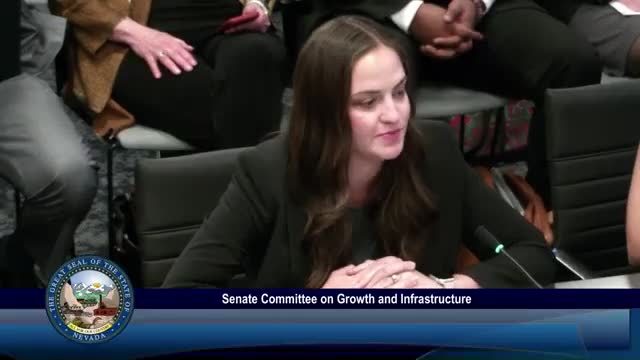
Committee weighs aligning renewal period for Nevada driver authorization cards with standard licenses
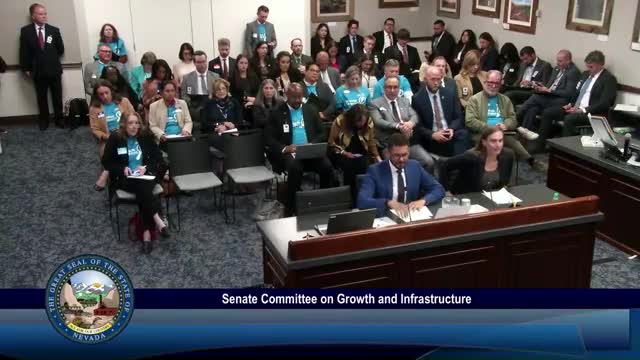
Nevada committee hears bill to extend rooftop solar benefits to affordable multifamily units
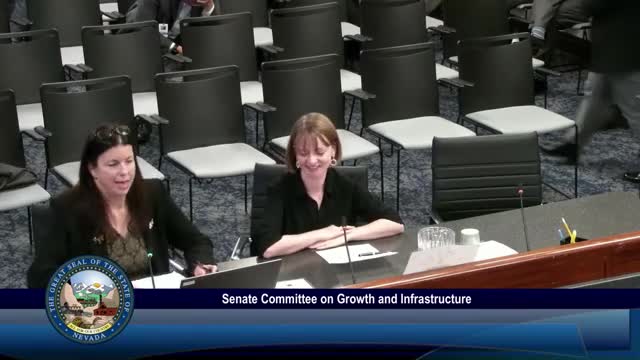
Bill would add procurement discretion for drones used by Nevada agencies, sponsors say
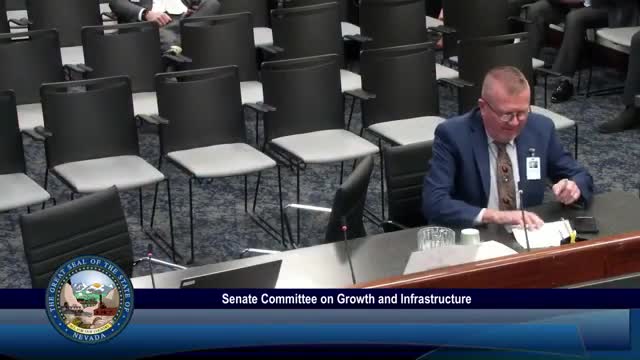
DMV asks for technical fixes: medical codes on IDs and mailing flexibility under AB 20
